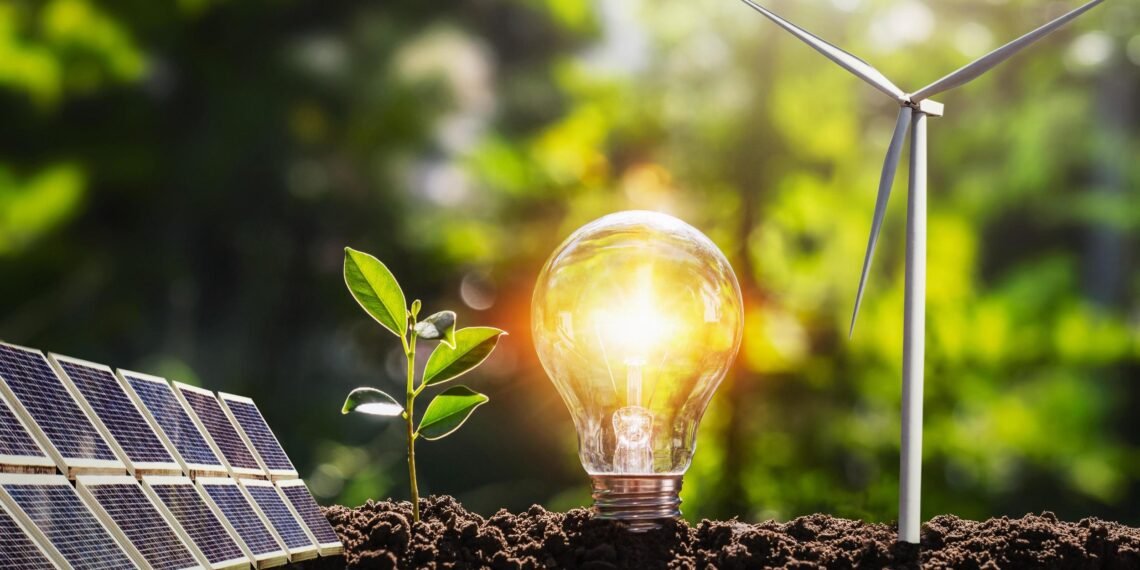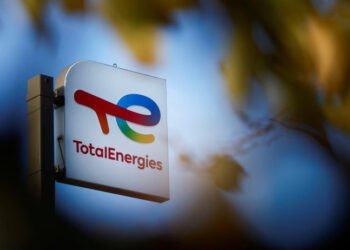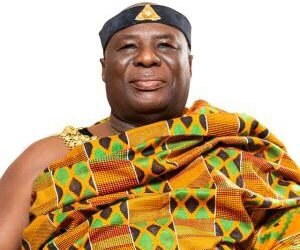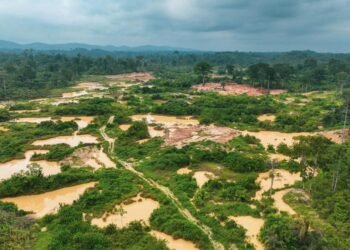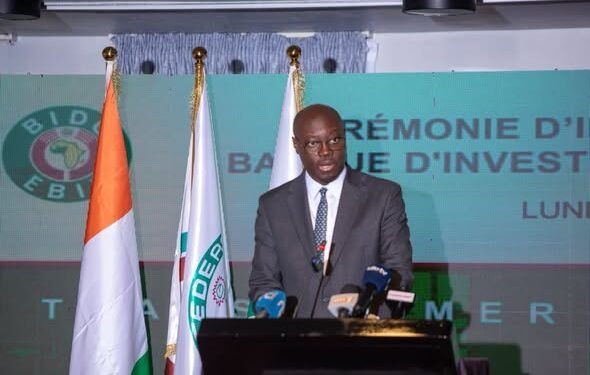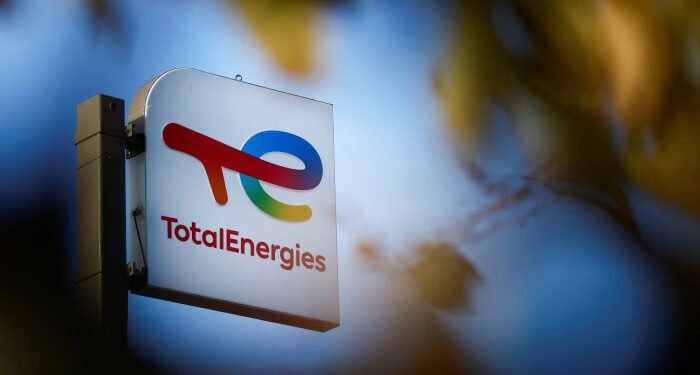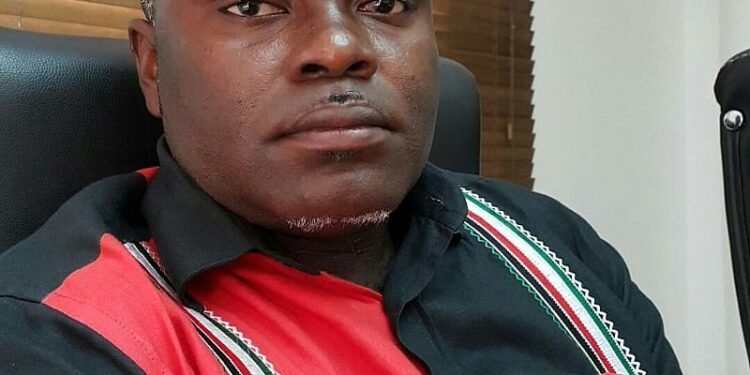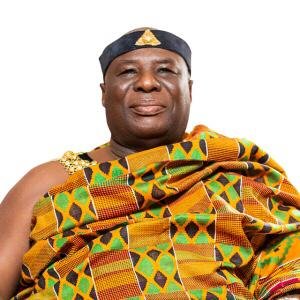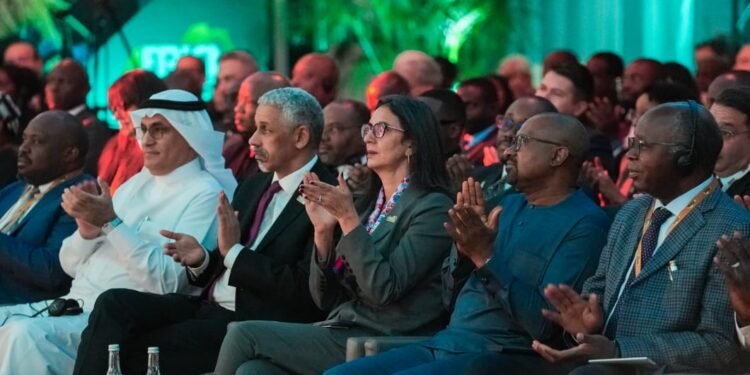At the Ghana-European Union Partnership Forum, President John Dramani Mahama reaffirmed Ghana’s resolve to transition toward a sustainable, low-carbon economy, pledging bold steps in renewable energy expansion, green industrialisation, and environmental protection.
In his address, President Mahama underscored Ghana’s strategic energy shift, reaffirming the country’s commitment to achieving net-zero carbon emissions by 2060, in line with the Energy Transition and Investment Plan launched in 2023.
“We are pursuing a diversified mix of renewable energy, natural gas, and potentially nuclear power to ensure energy security while reducing our overall carbon footprint.”
President John Dramani Mahama
The President welcomed the support of the European Union through the Just Energy Transition Partnership (JETP), noting that this collaboration is key to unlocking green financing for solar, wind, hydro, and emerging technologies like green hydrogen.
He expressed optimism that such support would help Ghana close its energy infrastructure gaps while remaining climate-conscious.
Ghana’s energy shift is not merely limited to power generation. According to President Mahama, the country is eyeing broader industrial transformation anchored on its rich mineral reserves.

President Mahama also announced that Ghana is moving strategically to become a hub for electric vehicle (EV) assembly and battery manufacturing in West Africa, taking advantage of its lithium and graphite deposits.
This ambition is aligned with global trends as countries race to build local battery value chains and reduce dependency on fossil fuels.
“With Ghana’s rich lithium and graphite deposits, we are positioning ourselves as a centre for electric vehicle assembly and battery manufacturing in West Africa.”
President John Dramani Mahama
Ghana’s strategic resource development complements the broader European push toward cleaner mobility and offers a potential win-win for both regions through green trade partnerships and industrial investment.
Transforming Cities for Climate Resilience

Another highlight of the president’s address was Ghana’s sustainable cities initiative, which has received €14.7 million in EU funding.
The program targets northern regional capitals such as Tamale, Bolgatanga, and Wa, aiming to turn them into climate-resilient, inclusive urban centres.
“We appreciate the EU’s backing for our sustainable cities program, especially in the northern regions of our country.”
President John Dramani Mahama
This initiative is designed to address urban vulnerabilities, promote clean infrastructure, and reduce carbon emissions at the city level, making it a key pillar in Ghana’s green growth strategy.
President Mahama also spotlighted Ghana’s progress in natural resource governance, particularly in forestry and marine sustainability.
“On natural resource governance and environmental protection, Ghana is proud to be the first African country to issue a FLEGT license.
“This reinforces our legal and sustainable forestry leadership.”
President John Dramani Mahama

FLEGT licensing confirms that Ghana’s timber exports to the EU comply with international standards for legality and sustainability, bolstering the country’s environmental credentials in global trade.
On marine resource governance, the president acknowledged ongoing reforms under the Fisheries Act aimed at lifting the EU’s yellow card, a warning that Ghana’s fisheries exports risk facing sanctions for non-compliance.
“We’re also finalising cocoa traceability mechanisms and reforming the Fisheries Act to lift the EU yellow card.
“These efforts reflect our commitment to sustainable trade, environmental stewardship, and compliance with international standards.”
President John Dramani Mahama
The Ghana-EU Partnership Dialogue reflects growing cooperation between the two entities on climate action, energy transition, and sustainable development.
With Ghana positioning itself as a regional green leader, the country is leveraging both policy reforms and global partnerships to transition its economy while unlocking new industrial and trade opportunities.
As Ghana advances its net-zero pathway, the support from international partners like the EU will be critical in mobilising green finance, technology transfer, and capacity-building efforts needed to achieve inclusive and sustainable growth.
READ ALSO: Cedi to Remain Stable Against Major Currencies- Finance Minister Assures Ghanaians

